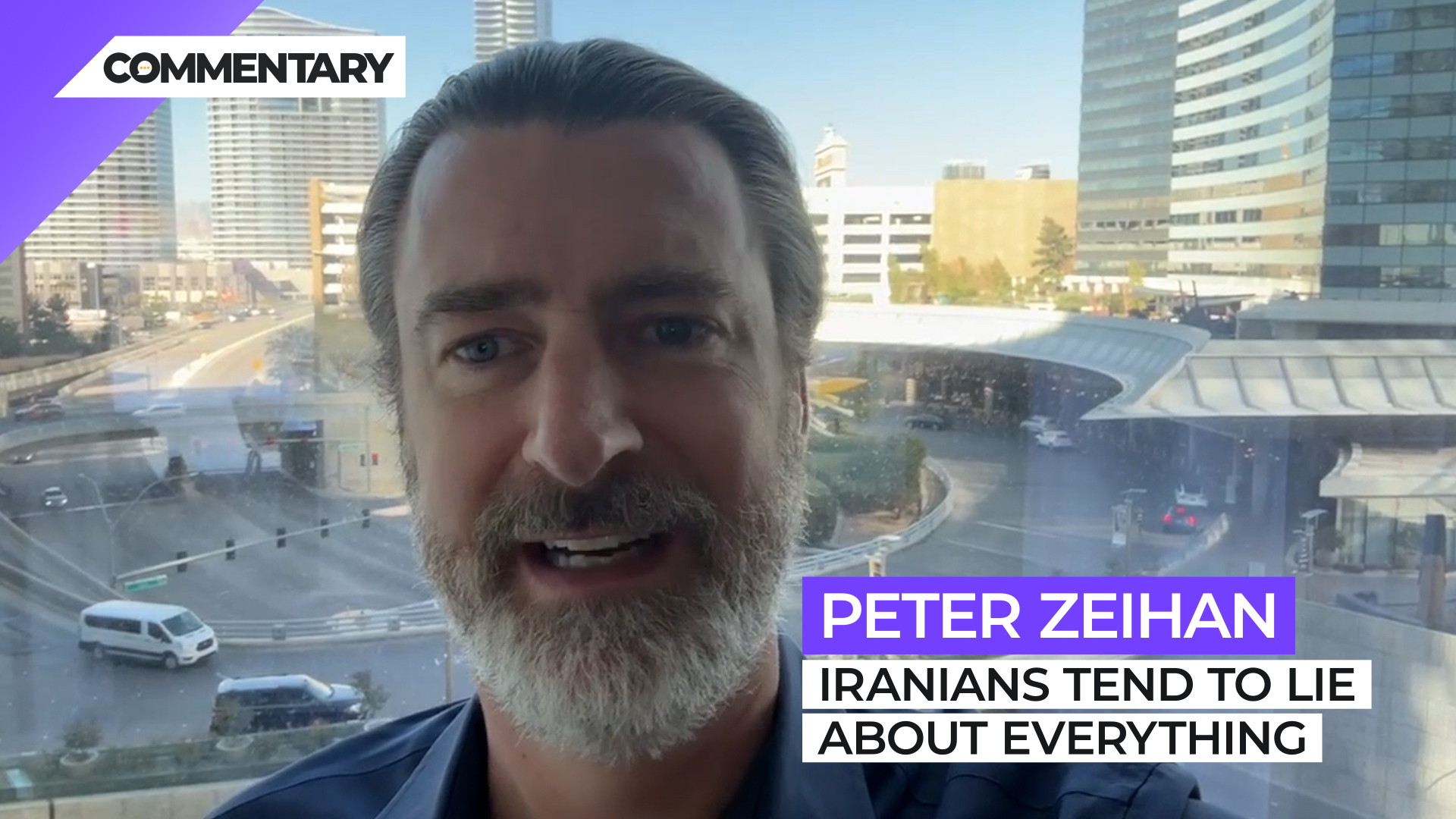
Commentary
-
Our commentary partners will help you reach your own conclusions on complex topics.
Hey everybody, Peter zeihan here coming to you from Vegas where I’m at the Orville and I haven’t left the room all day Anywho. The big news today it is the sixth of March is that the Iranians have announced that they have found a massive trove of lithium ore, which if the the numbers coming out of Iran are accurate, you know, there was a conversation and of itself, it will be the second largest reserves ever discovered in the world, immediately after Chile. Now, before everyone gets overly excited, a few things to keep in mind. I mean, yes, yes, yes, I guess we shouldn’t be a little bit excited because we need to expand the amount of lithium we produce by at least a factor of 10, if we have any hope whatsoever of achieving the green transition. But number one, the reserves are in a place called Ramadan, which are on the wrong side of the Zagros Mountains, from where everybody else lives. So you would have to do a mining within the heart of Iran and then ship everything up and over the mountains to get to the coast. With the Iranians were going to process this themselves, they’d have to build a huge amount of industrial infrastructure on the place. This isn’t. This is like the Atacama where it’s up in a highland desert, and you just kind of shift the stuff downhill, you got to go up and over and or that is produced, it tends to be relatively heavy, and you don’t get a lot out per tonne. So either you process it in place, which Iran has never been good at. Or you bring it down to the Persian Gulf, which would be one more thing that we have to have the Persian Gulf, which would be all kinds of not fun. Problem number two, Iran’s technical capacity is quite limited. Most of their own oil fields, they’ve been basically barely getting by with their own technical skills, they really need to import a lot of skills, the Chinese providing some the Russians or some because the Europeans now we’re mostly gone, because relations with the Iranians during the Ukraine war have largely broken down. So there’s that problem. Number three, the primary reason that Iran oil sector is doing really, really, really badly isn’t so much sanctions from the United States. It’s because their own legal structure really penalizes private investment in general and foreign investment in particular, it’s not the most hostile relationship with foreign investors in the world, that would be Mexico and North Korea. But it’s certainly in the bottom 5%. And while beating the American drum is certainly useful for propaganda purposes, the real problem is that the Iranians have created this legal structure that really disincentivizes anyone coming in. So you’re really talking if this is going to happen, that the Iranians would have to do it themselves with their own money. And that means this isn’t going to happen this year, or next year or the year after, or maybe even this decade. What else? Oh, yeah, there’s the problem. The Iranians tend to lie about everything. There are a lot of countries that have lithium, but not all of them are participating in the lithium supply chains we have right now. Obviously, Chile is doing really well and they are the world’s largest supplier. But Australia is in a close second. But Australia reserves are not nearly as robust. There are also many other reserves in the world, most notably Bolivia and Argentina, that have not been produced for similar reasons to run the reserves in our place. It’s a little bit tricky to get to and most importantly, the local financial and legal regime is very hostile to anyone who wants to do anything with private enterprise. So is it good news that more of the stuff was found? Certainly do I think it’s ultimately going to contribute to the solution? Certainly not. Alright, see you guys next time.
-
Hurricane Helene hits US coast, Appalachia and beyond
Hurricane Helene hit Florida and Georgia overnight between Sept. 26 and 27 as a Category 4 hurricane, and accompanying storms will continue reaching deeper into the continental United States today. Dangerous flash flooding from the hurricane, known as storm surge, was some of the worst flooding that the Tampa Bay area has ever seen, and… -
Israel holds upper hand against Lebanon, Hezbollah and Iran
On Wednesday, Sept. 25, Hezbollah launched a ballistic missile at Tel Aviv in retaliation for Israel’s explosive pager attack that blew up devices across Lebanon. Although Israel’s defense systems intercepted the surface-to-surface missile, the attempted strike on Tel Aviv marked a significant escalation by Hezbollah. Since the siege on Gaza began, shortly after the Oct. 7, 2023,… -
The Sinaloa Cartel civil war
Fears of a civil war within the Sinaloa Cartel are growing as violence between competing factions within the cartel continues. The Mexican Army has dispatched around 600 elite troops to Sinaloa to help quell those fears, in addition to roughly 2,200 regular soldiers and National Guard. Watch the above video as Straight Arrow News contributor… -
New Ukrainian weapons hit Russia where it hurts
Ukrainian drones struck a major Russian ammunition depot, triggering a massive explosion that was captured on camera. According to the Ukrainian military, 2,000 tons of munitions had arrived at the depot before the attack. Over the past two years, Ukraine has significantly increased its domestic drone production, allowing it to scale up attacks on military… -
Weighing social costs vs. economic benefits on immigration
Global human migration is one of the defining elements of our current historical era, according to the United Nations. Migrants face both the incentives to leave — forced out by climate change, crime and corruption, extreme poverty or violence — and incentives for where to go, based on available job opportunities and so on. Migration…
Latest Stories
-
 Getty Images
Getty Images
Vision loss possibly linked to Ozempic, weight loss injections: Study
-
 Getty Images
Getty Images
Elon Musk says he’ll drop his $97 billion OpenAI bid on one condition
-
 Getty Images
Getty Images
Beavers credited with saving taxpayers roughly $1.2M in Czech Republic
-
 Getty Images
Getty Images
President Trump signs order to impose reciprocal tariffs on US trading partners
-
 Getty Images
Getty Images
ACLU sues Trump administration for access to migrants sent to Guantánamo
Popular Opinions
-
In addition to the facts, we believe it’s vital to hear perspectives from all sides of the political spectrum.
Latest Opinions
In addition to the facts, we believe it’s vital to hear perspectives from all sides of the political spectrum. We hope these different voices will help you reach your own conclusions.
The opinions published in this section are solely those of the contributors and do not reflect the views of Straight Arrow News.





















Latest Commentary
We know it is important to hear from a diverse range of observers on the complex topics we face and believe our commentary partners will help you reach your own conclusions.
The commentaries published in this section are solely those of the contributors and do not reflect the views of Straight Arrow News.
Dr. Frank Luntz
Pollster and Political Analyst‘A promise’: Cadets describe their journeys at West Point
‘A disturbing pick’: Americans debate Musk, Trump’s cabinet picks
‘Dysfunctional’: Americans share criticisms of Congress